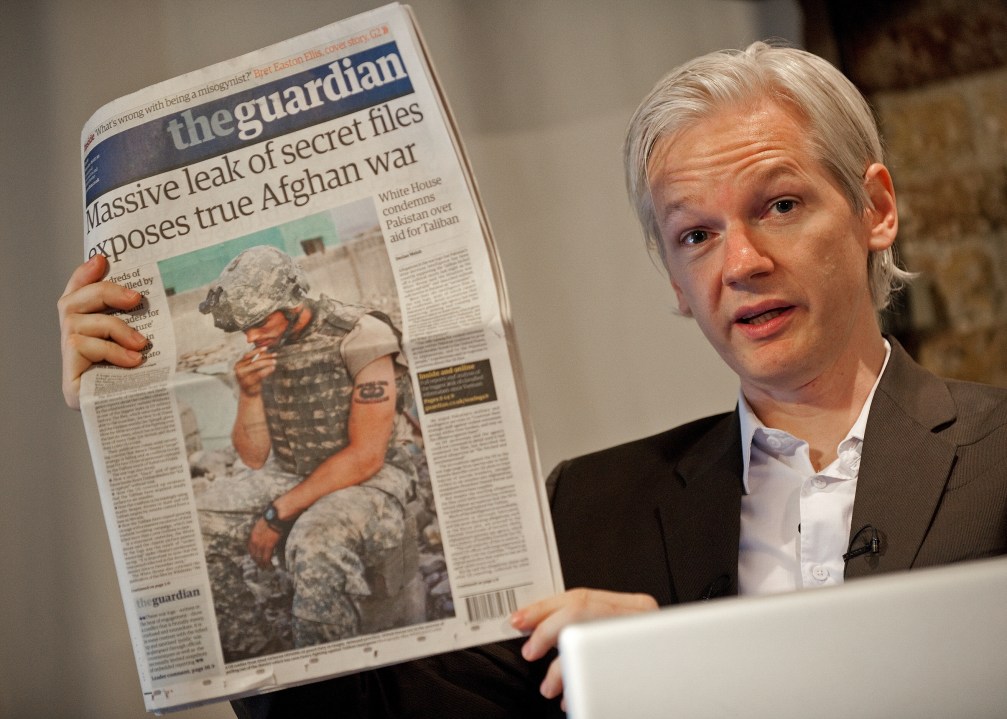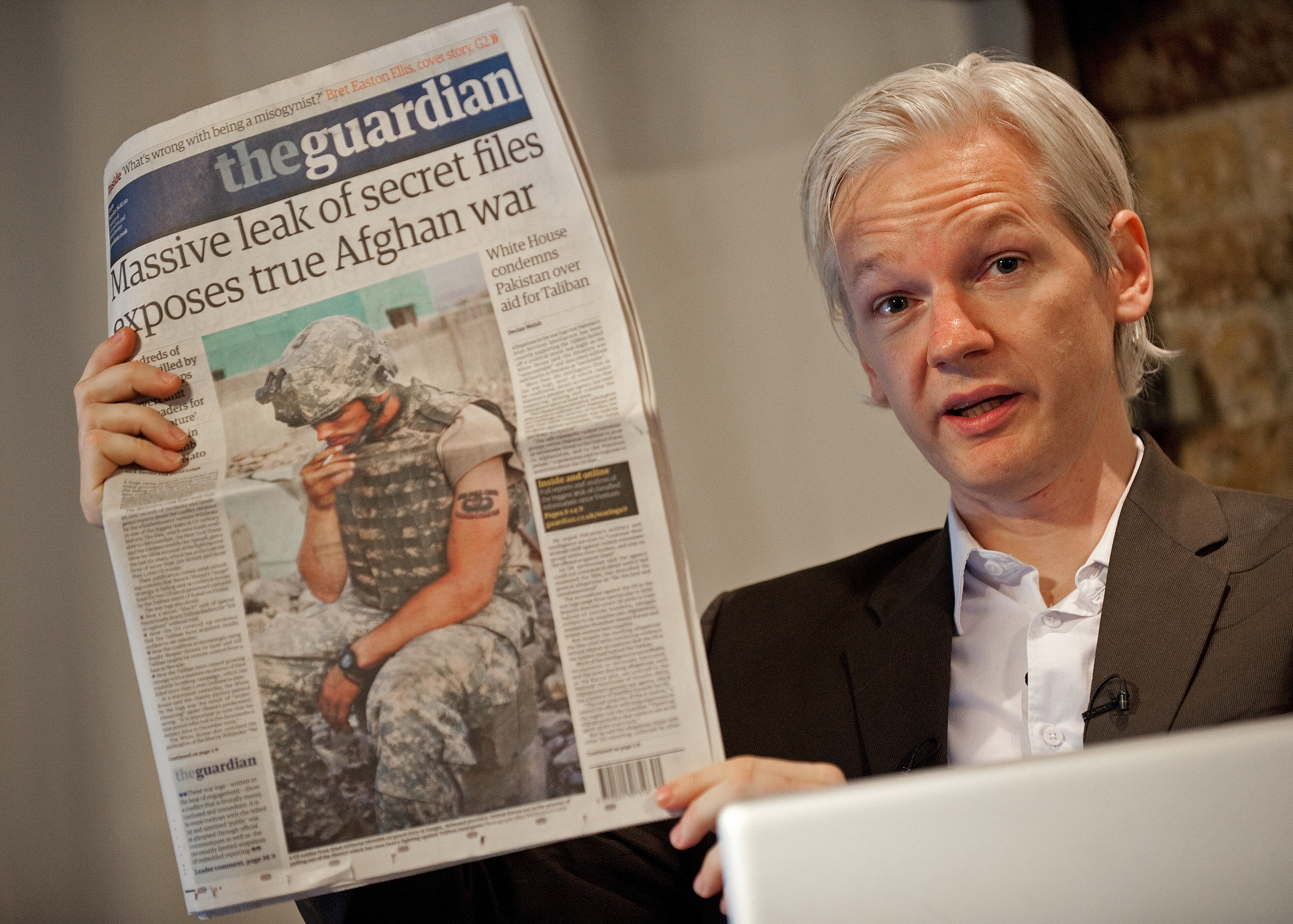 Is it just me, or is there something deeply unsettling about Julian Assange’s comments in the Times today? After the paper revealed yesterday that the leaked Afghan War files could easily put informants’ lives at risk, the WikiLeaks founder sets about defending his decision to publish them – and he does so in dangerously complacent terms. Take his opening proclamation, where he says:
Is it just me, or is there something deeply unsettling about Julian Assange’s comments in the Times today? After the paper revealed yesterday that the leaked Afghan War files could easily put informants’ lives at risk, the WikiLeaks founder sets about defending his decision to publish them – and he does so in dangerously complacent terms. Take his opening proclamation, where he says:
Or, even worse, the exchange noted in this passage:“No one has been harmed, but should anyone come to harm of course that would be a matter of deep regret — our goal is justice to innocents, not to harm them. That said, if we were forced into a position of publishing all of the archives or none of the archives we would publish all of the archives because it’s extremely important to the history of this war.”
The more this story develops, the more hypocritical Assange’s words sound. Yes, free speech and public knowledge are worth fighting for – but at a time when Labour figures are complaining that Peter Mandelson’s memoirs have come “too soon,” it seems fair to argue that the publication of these documents has come several years too soon as well. Not only could they put lives in immediate danger, but they could also mire the whole war effort. After all, who’d want to be an informant now?“Mr Assange told The Times that many Afghan informants, including those whose details were potentially disclosed, were ‘telling soldiers false stories … creating victims themselves’. When asked if that justified releasing their identities, the former computer hacker replied: ‘It doesn’t mean it’s OK for their identities not to be revealed.'”
The Times is doing important work in questioning these leaks. I know there’s the paywall now, but I’d recommend that you read their main leader article today as well as David Aaranovitch’s column for the arguments. But, sadly, for all that, and for all Assange’s counter-justifications, the damage has already been done.







Comments